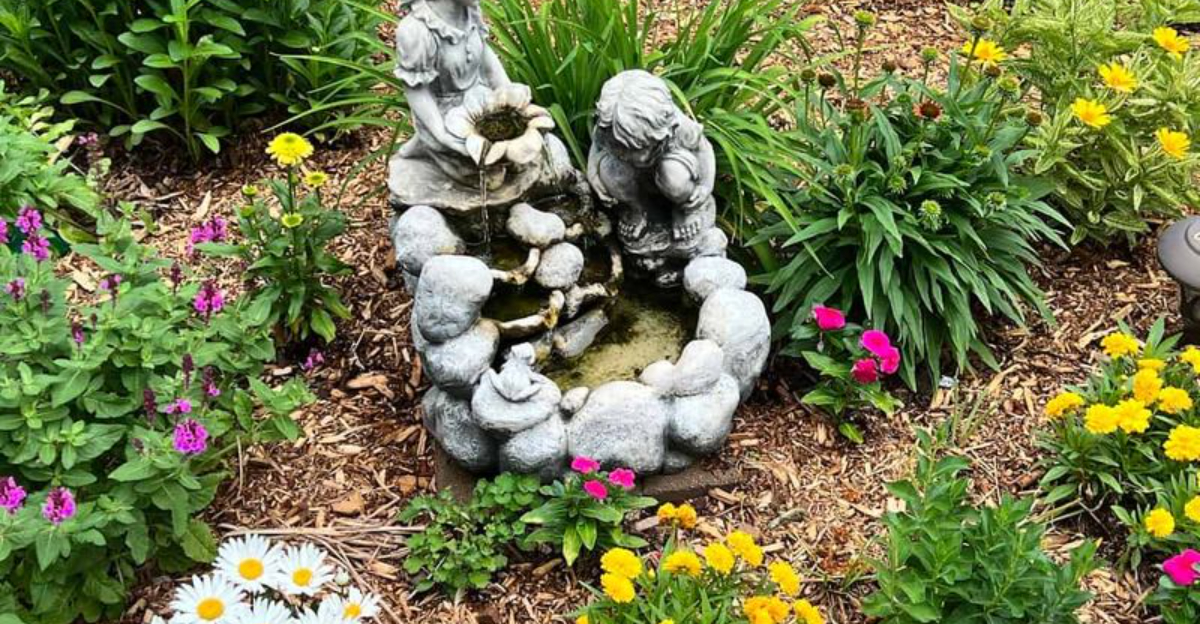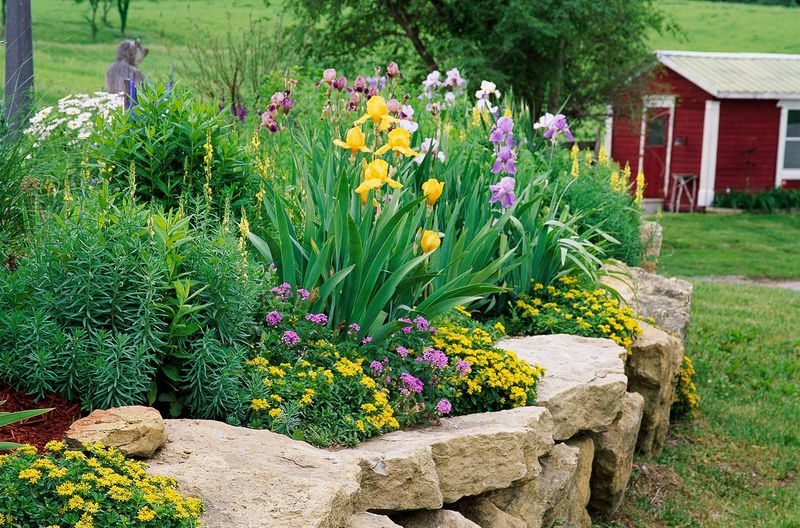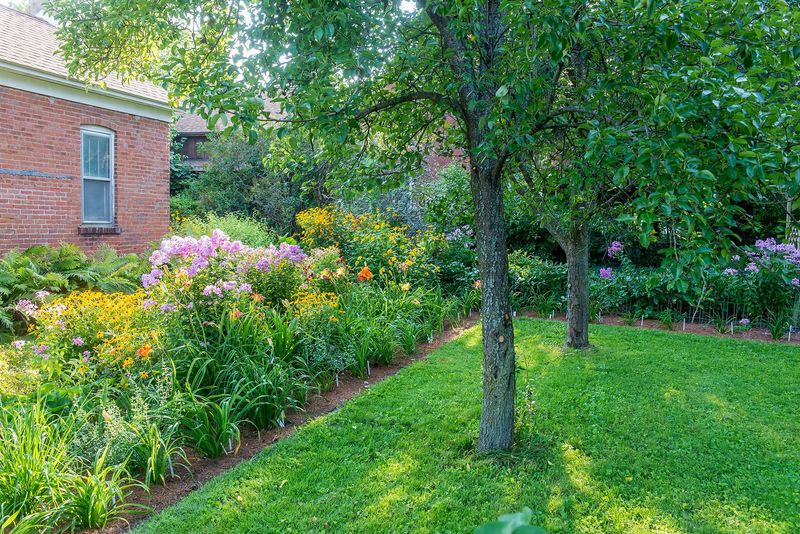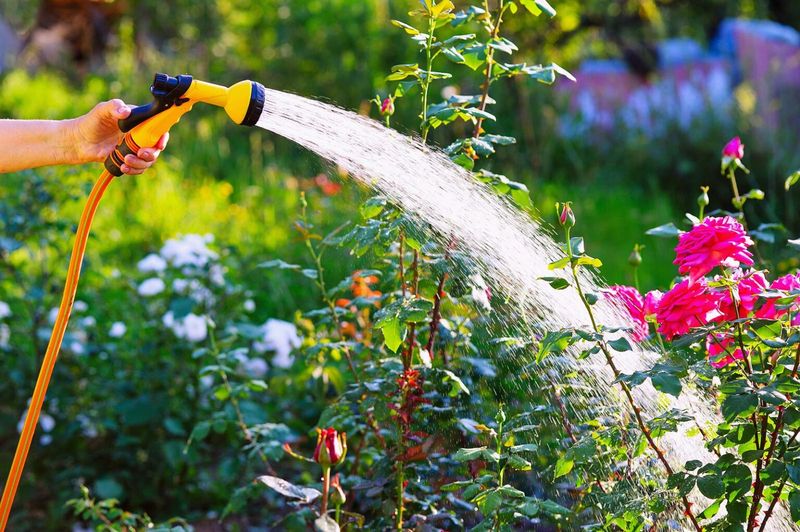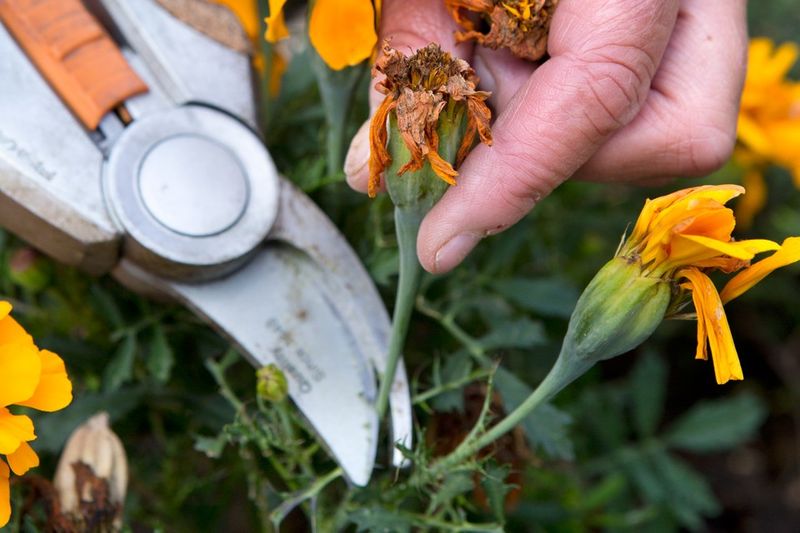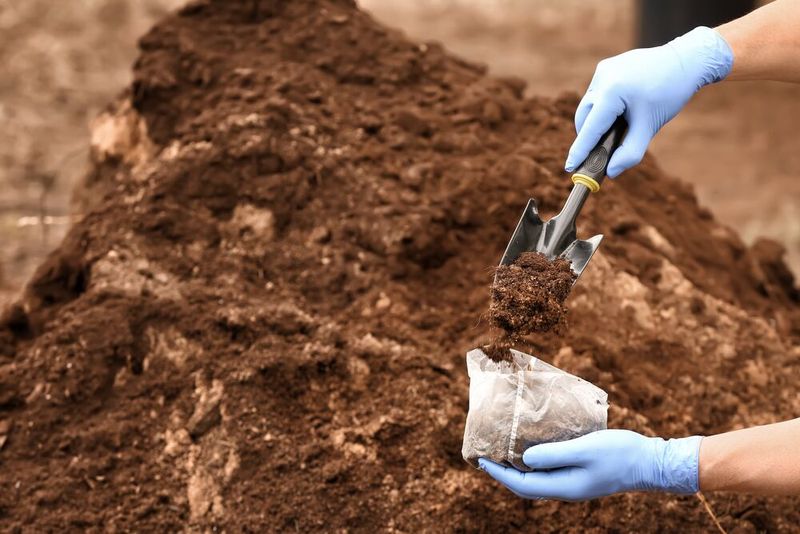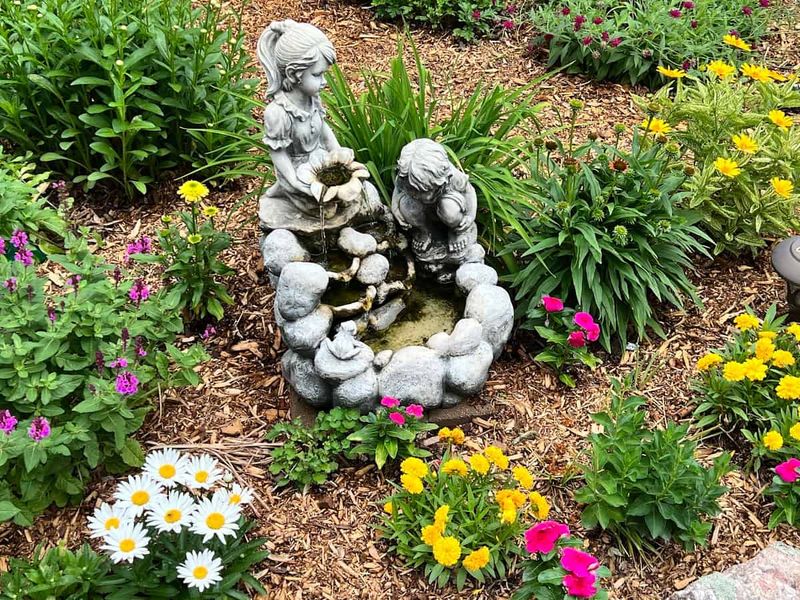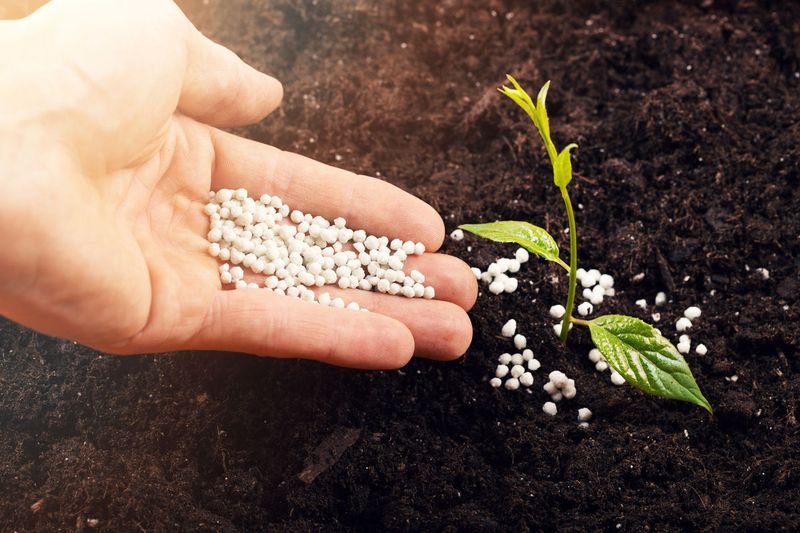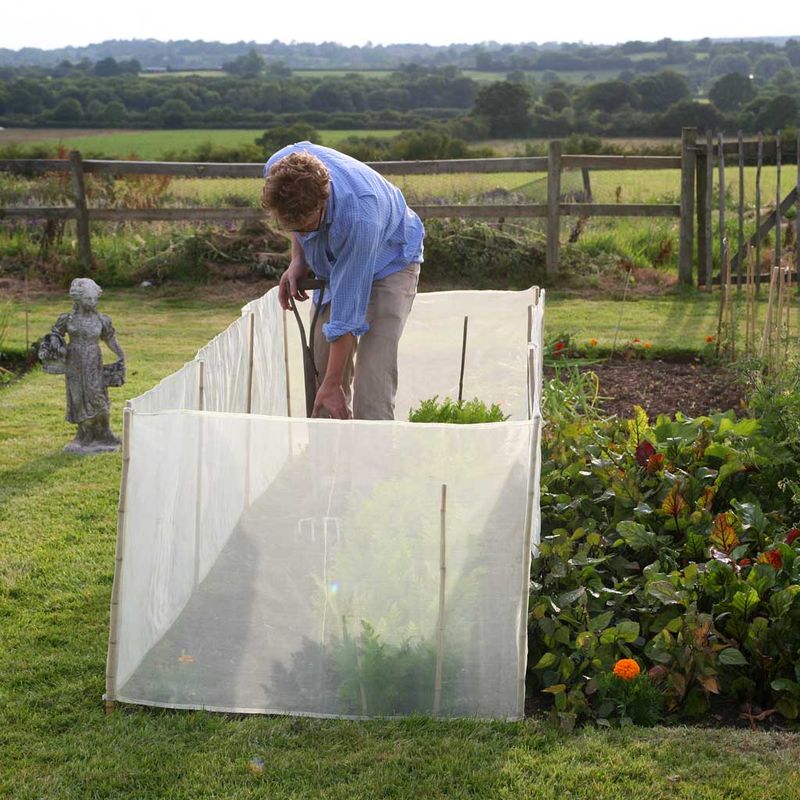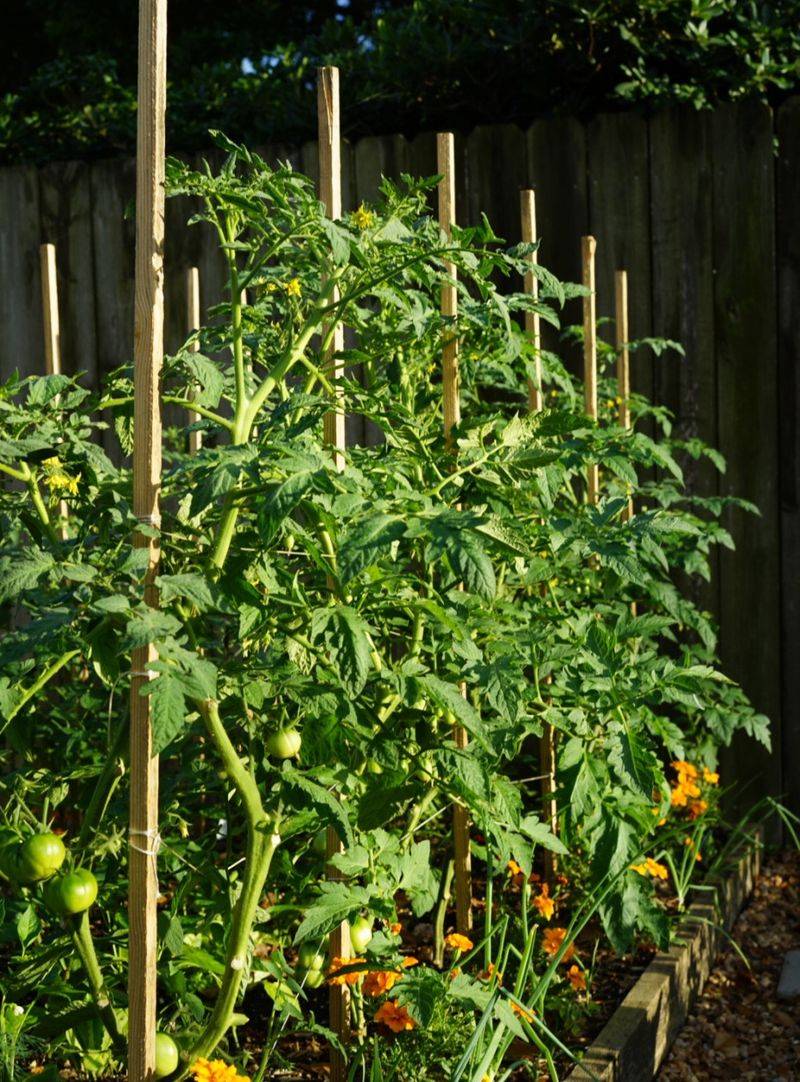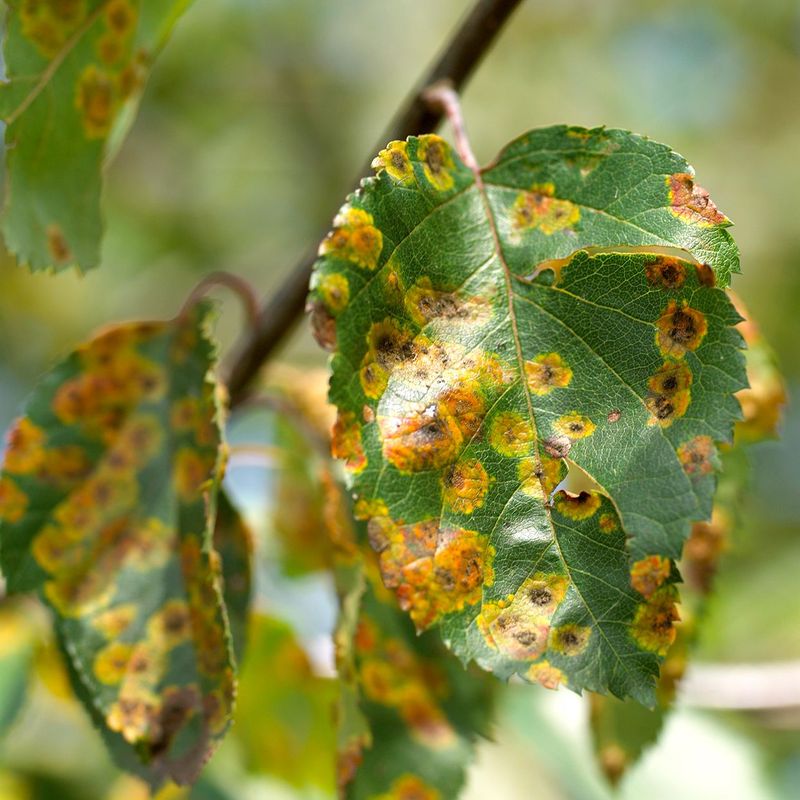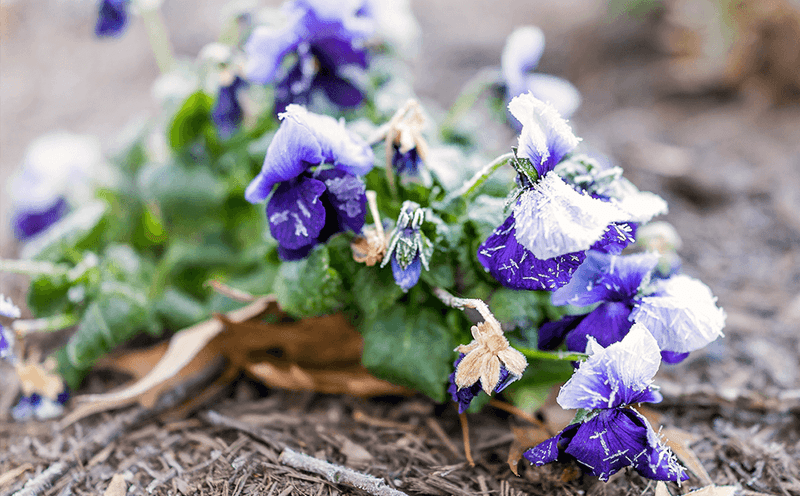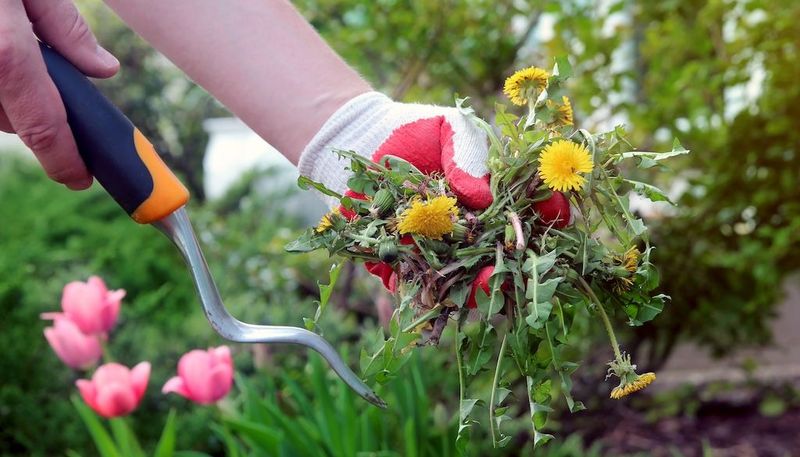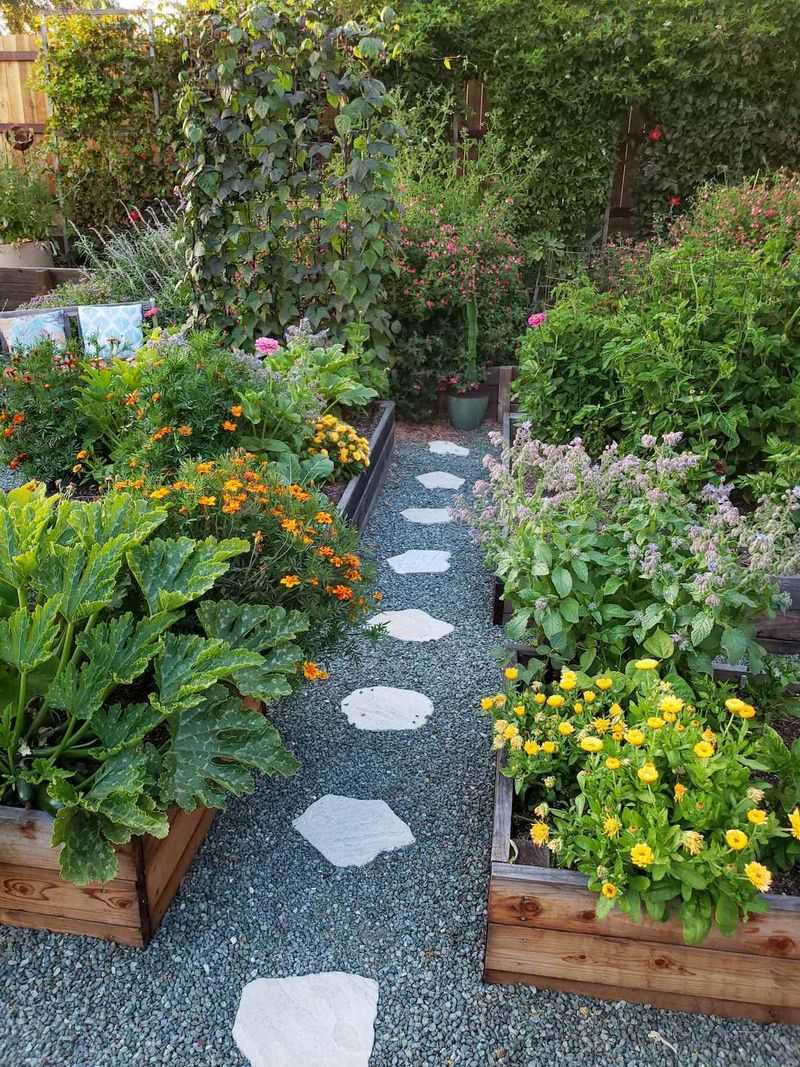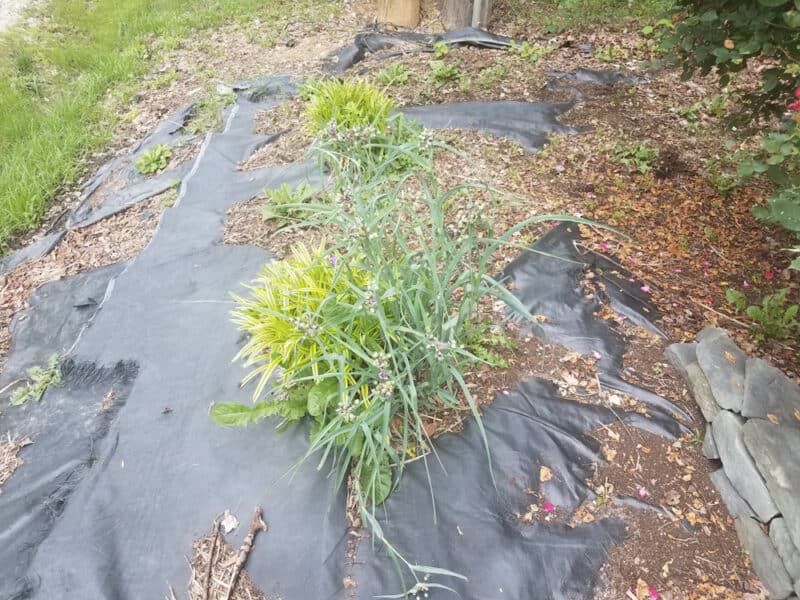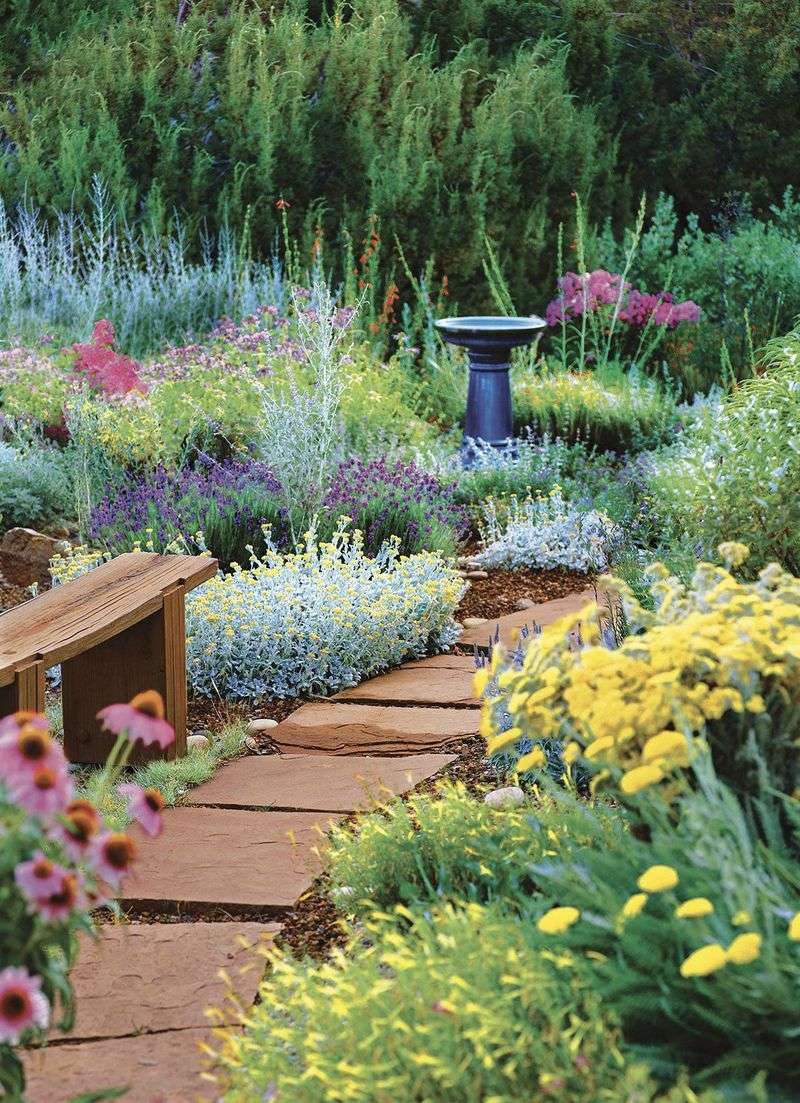Creating a beautiful flower bed involves more than just planting seeds and hoping for the best. Many gardeners, both new and experienced, fall into common traps that can hinder the growth and beauty of their flower beds.
Understanding these pitfalls and knowing how to address them can transform your garden into a lush, vibrant oasis. Let’s explore some of the most frequent mistakes and how to fix them quickly and effectively.
1. Overcrowding Plants
Ever tried cramming a dozen friends into a compact car? Plants feel similarly when you overcrowd them in a flower bed. This lack of space stifles their growth, preventing proper airflow and increasing the risk of disease. To remedy this, always consider the mature size of your plants and provide enough room for them to stretch and breathe. Giving each plant its personal space not only enhances their health but also makes your garden look organized and thoughtful.
2. Ignoring Sunlight Requirements
Imagine trying to sunbathe in a cave or nap under a spotlight. Plants have similar preferences, needing just the right sunlight to thrive. Putting sun-loving plants in the shade or shade-loving ones in full sun can be disastrous. To fix this, align your planting strategy with the light conditions of your area. Consider the sun’s movement throughout the day to ensure each type of plant gets its desired dose of sunlight, keeping them happy and healthy.
3. Watering Incorrectly
Watering plants isn’t just filling a can and pouring. Overwatering can drown roots, while underwatering leaves them parched and stressed. The key is deep, infrequent watering that encourages roots to grow deeper into the soil. Adding mulch helps maintain this moisture balance by reducing evaporation. The next time you water, think of it as a deep, refreshing drink for your plants, boosting their vigor and resilience against dry spells.
4. Not Deadheading Spent Blooms
A garden is like a dance; remove the dancers who aren’t moving to make room for new ones. Leaving spent blooms on plants can hinder new flowers from emerging, reducing the overall vibrancy of your flower bed. Regularly deadheading, or removing these spent blooms, encourages continual blooming and keeps your garden tidy. This simple snip-snip can transform your flower bed from drab to dynamic, ensuring it remains as lively as your favorite summer party.
5. Skipping Soil Tests
It’s like cooking without tasting the dish first; skipping soil tests can leave your plants in a nutrient desert. Soil tests reveal the exact makeup of your soil, allowing you to amend it with compost or the necessary nutrients. This ensures your plants have the best foundation to grow strong and healthy. By regularly checking your soil’s health, you lay down a buffet of nutrients, inviting your plants to thrive and flourish in their beds.
6. Forgetting to Mulch
Leaving soil uncovered is like walking outside without sunscreen. Without mulch, your soil is susceptible to weeds and water loss. Apply a generous layer of mulch to retain moisture, suppress weeds, and regulate soil temperature. Mulch not only protects but also beautifies your flower bed, adding a polished look. Think of it as wrapping a cozy, protective blanket around your plants, ensuring they stay snug and healthy throughout the seasons.
7. Using the Wrong Fertilizer
Using the wrong fertilizer is like feeding junk food to an athlete before a big game. Over-fertilizing or using an unsuitable blend can harm plants more than help them. Slow-release or plant-specific fertilizers are key, and always follow label instructions. Think of it as crafting a tailored nutrition plan for your plants, supporting their growth and flowering without overwhelming them. Proper fertilization leads to a robust, thriving flower bed.
8. Planting in Windy or Exposed Spots Without Protection
Plants swaying gently in the breeze is charming, but too much wind can be a brute, snapping stems and drying out the soil. Provide natural windbreaks like shrubs or garden screens to shield your plants. This protection acts like a warm hug, keeping your fragile blooms safe from blustery days. By creating a more sheltered environment, you ensure your plants grow upright and strong, unbothered by harsh wind conditions.
9. Neglecting Tall Plant Support
Tall plants can be like toddlers on stilts—wobbly and in need of support. Without proper staking or cages, they tend to flop over, especially after a heavy rain or strong wind. Incorporating stakes early or using cages and trellises can keep them upright and proud. This support system allows them to show off their height and blooms, adding vertical interest to your garden. Think of it as giving them a backbone to stand tall and confident.
10. Ignoring Pest and Disease Signs
Just like a small cough can escalate if ignored, little signs of pests or diseases can wreak havoc if not addressed promptly. Regularly checking your plants for these signs and acting quickly with organic or chemical controls keeps problems at bay. Vigilance is key. Your proactive steps can turn potential garden disasters into mere hiccups, ensuring your plants remain healthy and your flower bed continues to flourish undisturbed.
11. Planting Annuals Too Early
Enthusiasm in gardening is great, but planting annuals before the last frost is like wearing summer clothes in winter—you’ll end up shivering. Know your area’s frost date to ensure your tender blooms don’t meet an icy demise. Waiting until conditions are right guarantees a vibrant start for your annuals. This patience pays off, allowing your flower bed to burst into life, ready and resilient against unexpected cold snaps.
12. Letting Weeds Take Over
Weeds are like uninvited guests at a party, taking over and making a mess. If left unchecked, they steal nutrients and smother your beautiful flowers. Regular weeding and a layer of mulch keep these intruders at bay, ensuring your flowers get the spotlight they deserve. A clean, weed-free bed not only looks better but also provides an optimal environment for your plants to flourish, creating a more enjoyable and manageable garden space.
13. Not Rotating Flower Types
Planting the same flowers year after year is like eating the same meal daily—it depletes certain nutrients, leading to poor soil health. Rotating plant families or types annually helps maintain balanced soil nutrients, promoting healthier growth. This practice keeps your garden dynamic and less susceptible to pests and diseases. By mixing it up, you bring new life and vigor to your flower bed, ensuring a fresh and thriving display each season.
14. Overusing Landscape Fabric
Landscape fabric may seem like a great weed barrier, but over time, it can stifle your plants’ roots, preventing them from spreading and thriving. Using organic mulch instead creates a breathable, healthier environment for your flower bed. This approach nurtures root growth and enhances soil health, allowing your plants to flourish naturally. Think of it as swapping a confining corset for a comfortable, free-flowing dress, giving your garden room to grow.
15. Ignoring Color and Height Coordination
A flower bed without color or height coordination can resemble a jumbled mess, lacking harmony and flow. Planning for color balance, bloom time, and layered heights creates visual appeal and a cohesive look. By thoughtfully arranging your plants, you create a picturesque scene that captures attention and admiration. It’s like orchestrating a symphony where every note and tone blends perfectly, resulting in a harmonious and stunning garden display.
